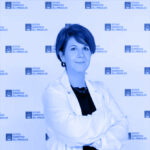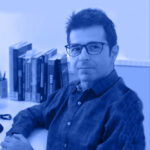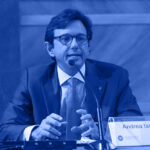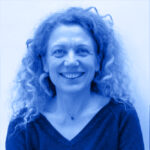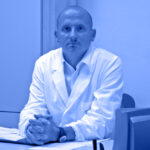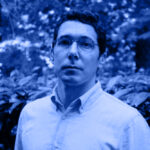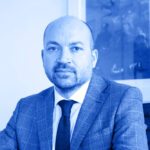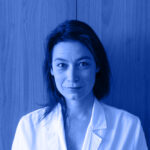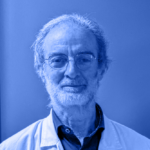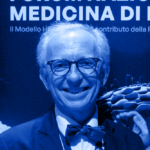
What is
OPEN ACCESS
Open Access means free and barrier-free access to scientific knowledge, as stated in the Berlin Declaration.
“Our mission of disseminating knowledge is incomplete if information is not made widely and readily available to society. We need to support new possibilities for disseminating knowledge, not just the paradigm of open access via the Internet. We define open access as an extended source of human knowledge and cultural heritage that has been validated by the scientific community.”
The principle of open access responds to the high constitutional values of promoting the development of culture and scientific and technical research, as well as protecting academic freedom.
In particular, it aims to:
- enhance the diffusion of scientific research on an international scale
- compress the rate of duplication of scientific studies
- strengthen interdisciplinary research, the transfer of knowledge to businesses and transparency towards citizens
- make the use of scientific contributions for educational purposes more efficient
- guarantee the preservation of scientific production over time
“The advantages of Open Access, in terms of greater circulation and sharing of knowledge and their impact on an economic and social level, are recognized and supported by the policies of the European Commission, by international and national research funding agencies, by regulatory provisions national, as well as numerous declarations of principle by international organizations and bodies.“
Attachments


Contacts
healitalia@gmail.com




